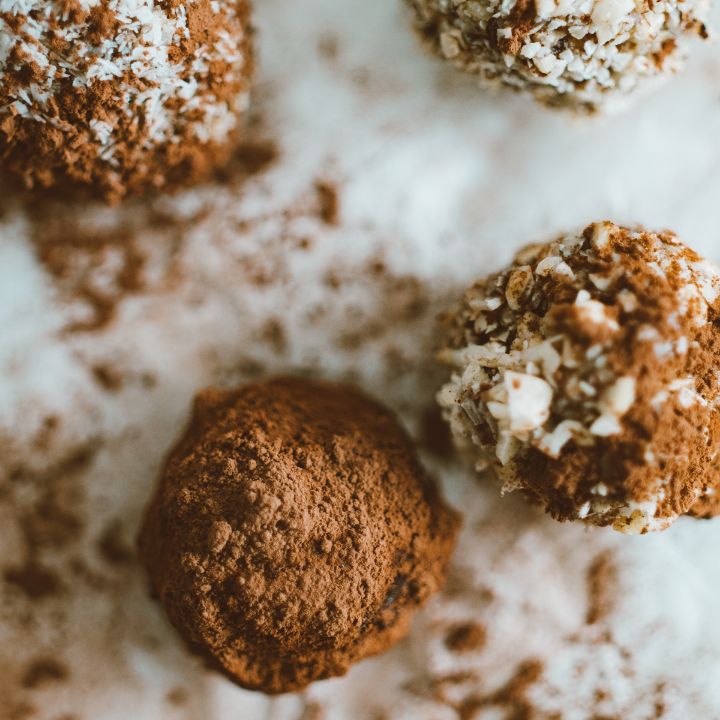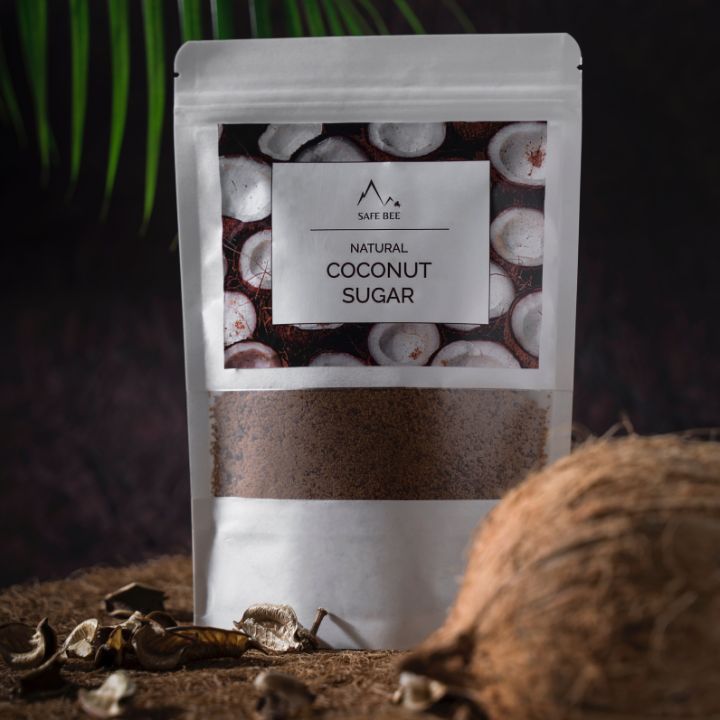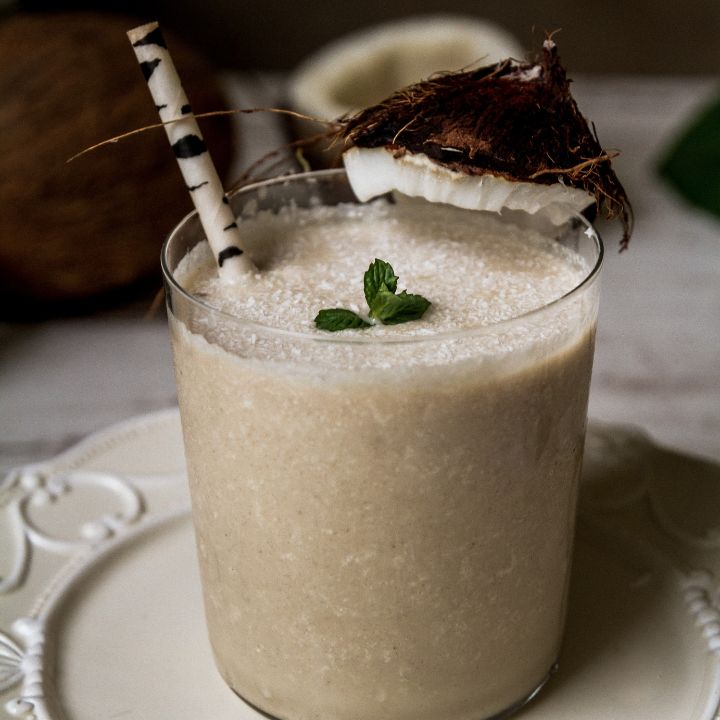Sustainable Production & Flavor Bomb
Sugar Alternative
Coconut sugar, also known as coconut palm sugar, is a natural sweetener derived from the sap of the coconut palm tree. Unlike traditional cane sugar, coconut sugar is minimally processed, which results in a lower glycemic index and a unique flavor profile. In recent years, coconut sugar has become a popular alternative to traditional sugar due to its potential health benefits and versatility in cooking and baking.



Health Benefits
Low Glycemic Index
Coconut sugar has a lower glycemic index compared to traditional cane sugar, meaning it is absorbed more slowly into the bloodstream, resulting in a slower and more sustained release of energy. This is beneficial for those with blood sugar issues or diabetes, as it can help to prevent spikes and crashes in blood sugar levels.
Nutrients
Unlike traditional sugar, which is highly refined and stripped of its natural nutrients, coconut sugar is minimally processed and retains many of its naturally occurring vitamins and minerals, such as iron, zinc, calcium, and potassium.
Flavor
Coconut sugar has a unique flavor profile, with a subtle caramel-like taste and a hint of toffee. This flavor profile can add depth and complexity to baked goods, making it a popular choice for those who want to add a touch of sweetness to their baked goods without relying on traditional sugar.
Sustainable Production
Unlike cane sugar, which is grown on large-scale industrial farms, coconut sugar is often produced on small family farms and is a sustainable crop. The coconut palm tree is also known for its ability to grow in areas with poor soil conditions and its low water requirements, making it an environmentally friendly crop choice.
Coconut Sugar in Baking
To substitute coconut sugar for cane sugar in a recipe, a good rule of thumb is to use the same amount of coconut sugar as you would cane sugar, but reduce the overall liquid in the recipe by about 25%. This is because coconut sugar tends to absorb more liquid than cane sugar, which can affect the texture of the final product.
For example, if a recipe calls for 1 cup of cane sugar and 1 cup of milk, you might substitute 1 cup of coconut sugar and only 3/4 cup of milk. This should help maintain the desired texture and consistency of the recipe.
Sweetener
Coconut sugar can be used as a 1:1 replacement for traditional sugar in baking recipes. It can add a touch of sweetness to baked goods, and its lower glycemic index makes it a healthier alternative for those who are looking to reduce their sugar intake.
Caramelization
Coconut sugar can be melted and caramelized to create a rich, golden-brown color and a sweet, nutty flavor. This process can be used to create a caramel-like glaze for cakes, cookies, and other baked goods.
Topping
Coconut sugar can also be used as a topping for baked goods, such as muffins, scones, and coffee cakes. The granulated texture and caramel flavor of the sugar can add a touch of crunch and sweetness to the top of the baked good.
Flavor
Coconut sugar can also be used to flavor baked goods, such as cakes and cookies. By adding a touch of coconut sugar to the dough or batter, you can create a subtle sweetness and a unique flavor profile that will set your baked goods apart from the rest.
Coconut sugar is a versatile and nutritious alternative to traditional cane sugar. Its lower glycemic index and unique flavor profile make it a popular choice for those who are looking to reduce their sugar intake or add a touch of sweetness to their baked goods. Whether you are a seasoned baker or just starting out, incorporating coconut sugar into your baking routine can add a touch of flavor and a touch of health to your baked goods.

